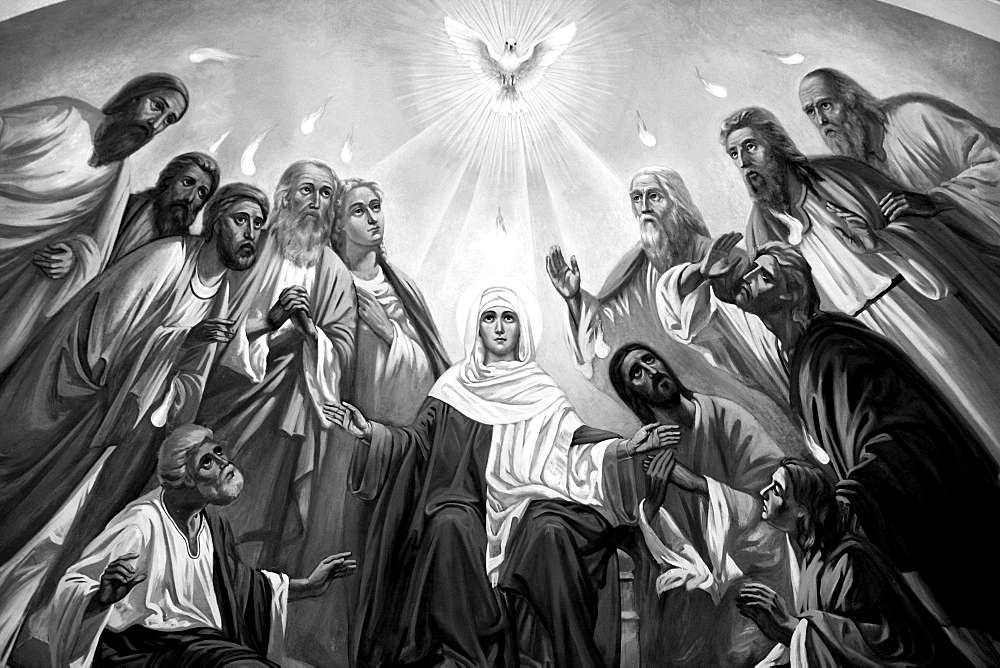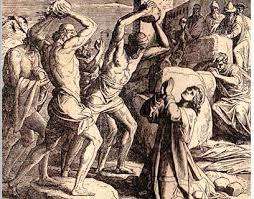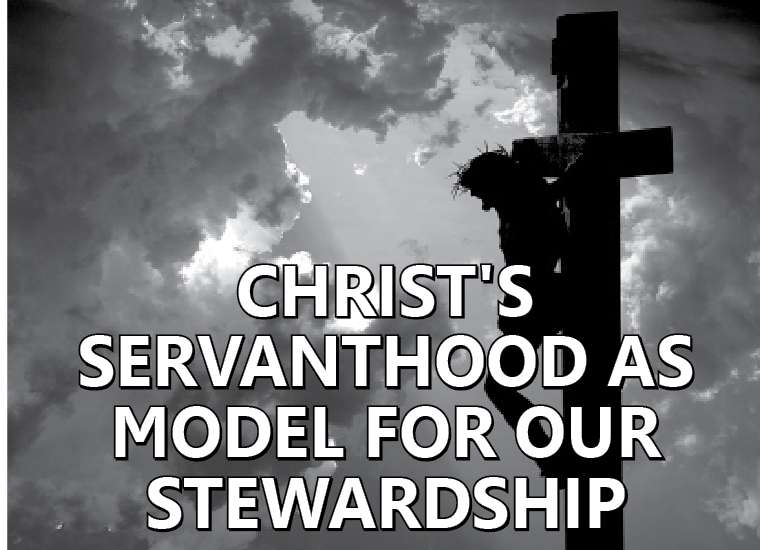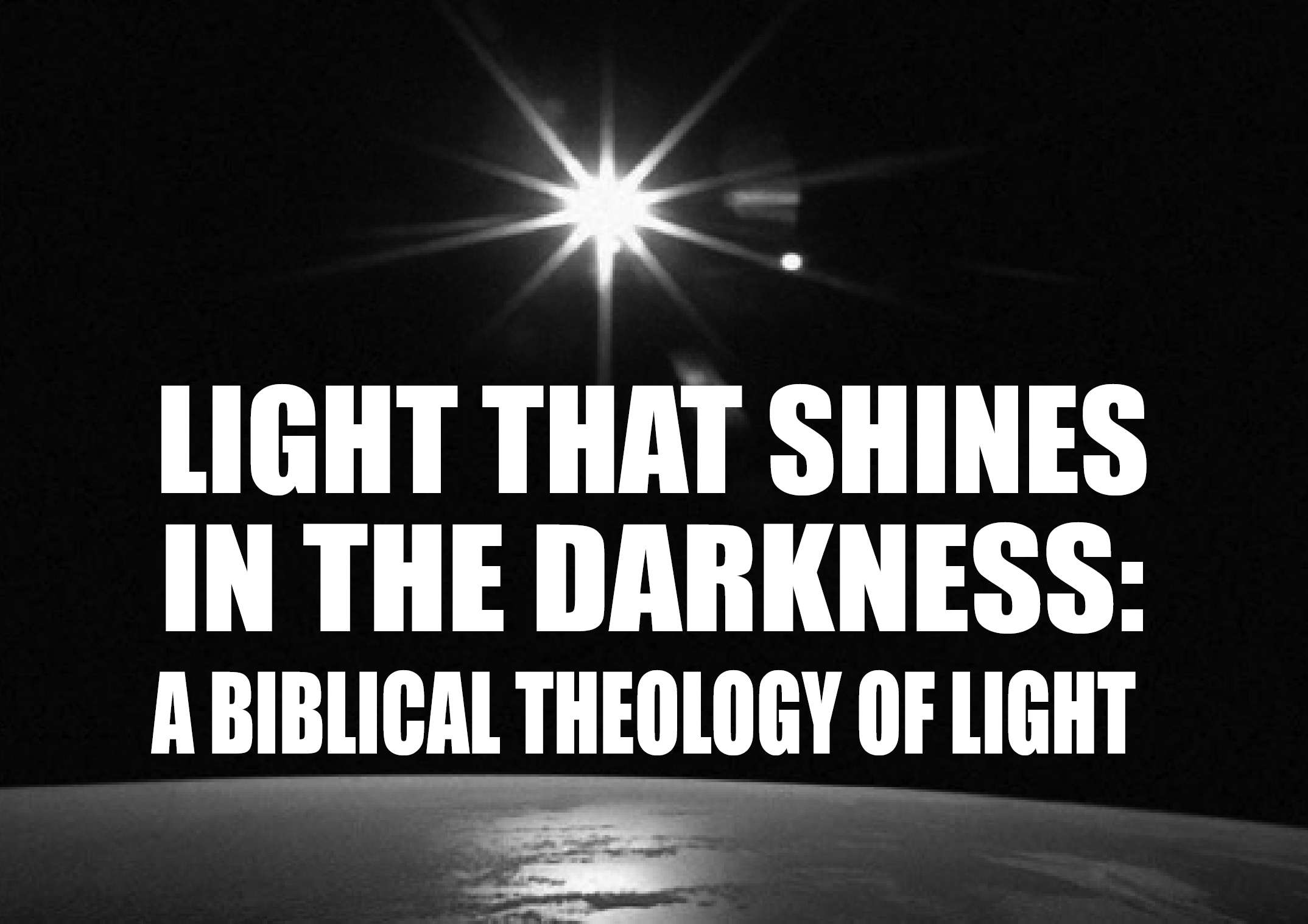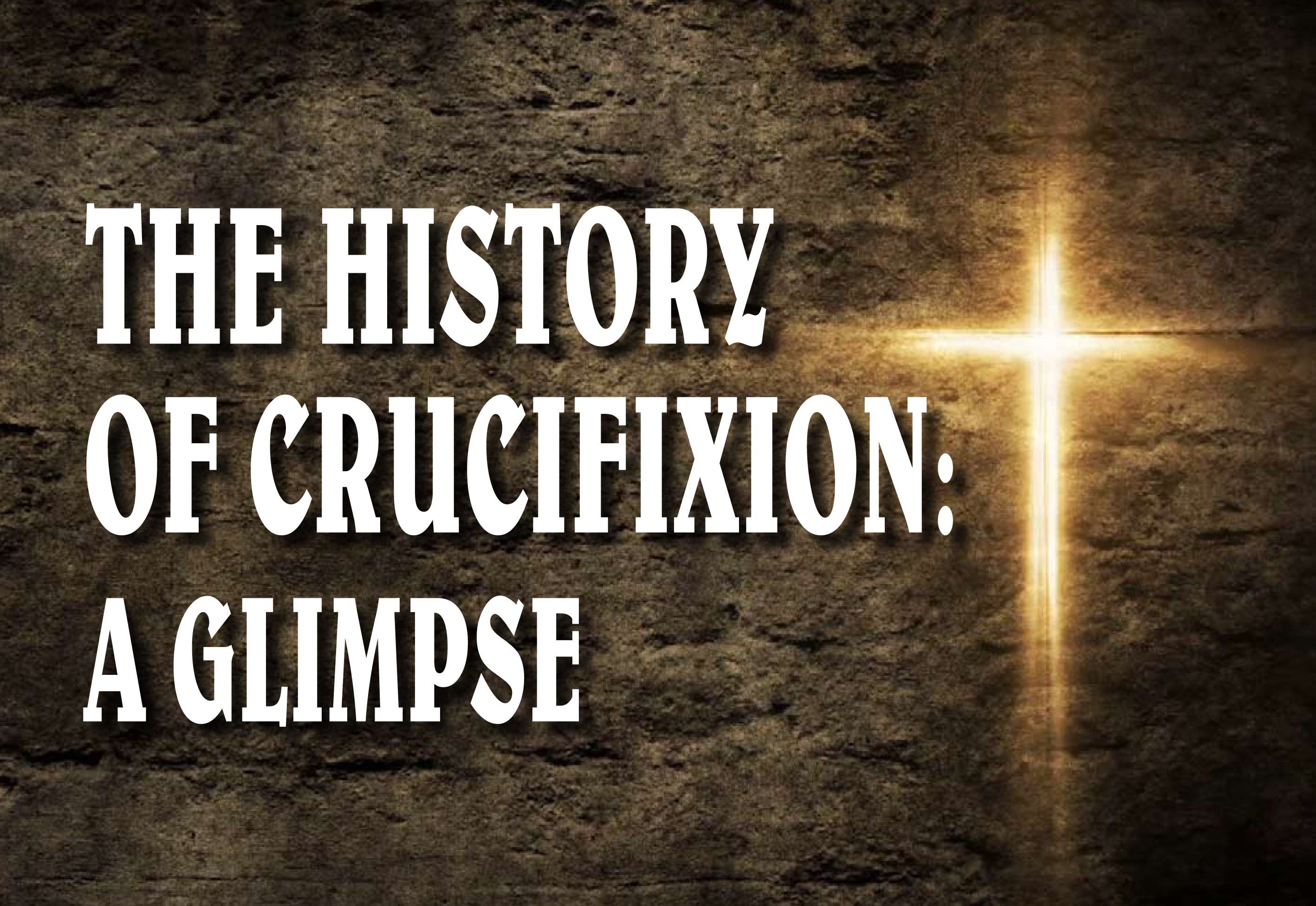
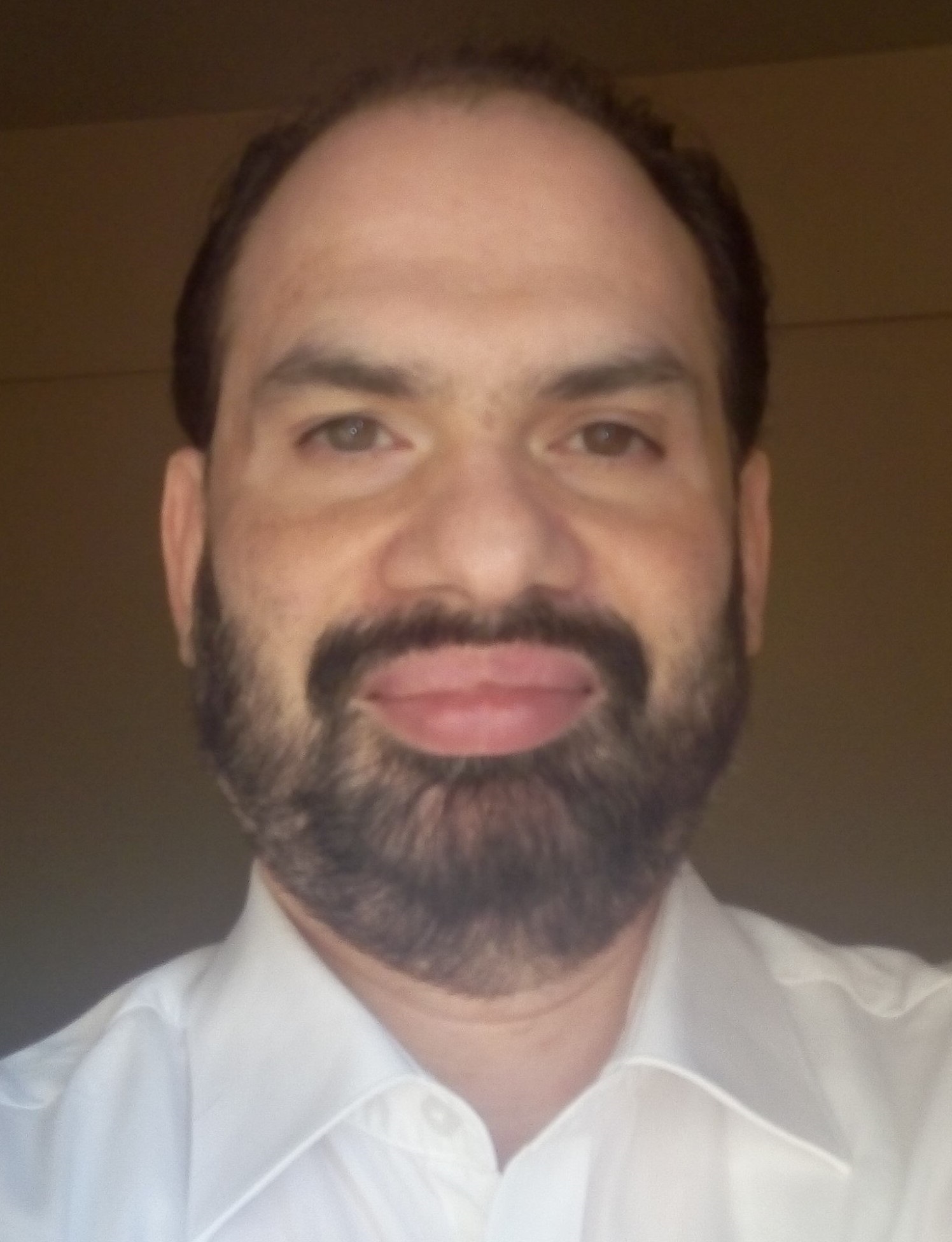
The Need of the Holy Spirit to Conquer Satanic Forces in Mission
Dr. Shaibu Abraham
The scripture presents the Holy Spirit as the missionary Spirit; the Spirit leads God’s people into mission endeavours. The disciples of Jesus made no attempt to carry out the great commission until after the coming of the Holy Spirit. On the day of Pentecost, Spirit descended upon the disciples and other followers of Jesus, as a result, the Christian community became the instrument of mission. The last words of Jesus, before his ascension in Acts 1:8, asserts the importance of the role of the Holy Spirit in evangelism and mission, “But you will receive power when the Holy Spirit has come upon you; and you will be my witnesses in Jerusalem, in all Judea and Samaria, and to the ends of the earth.” Here, Luke categorically states that witnessing Christ, is entirely depended on the coming of the Holy Spirit and the power provided by the Spirit.
At Pentecost, the apostles spoke in other tongues, the languages of the nations. The crowd that gathered there symbolically represented “every nation under heaven” (Acts 2:5) and the apostles were “speaking about God’s deeds of Power” which represented the missionary message (Acts 2:11). The worldwide missionary spread of the gospel began from Pentecost. Thus, the history of mission expansion was the direct result of the Holy Spirit upon the disciples of Jesus Christ.
Holy Spirit in the First Century Evangelism and Mission
The presence and power of the Holy Spirit was the reason behind the success of the first century Christian mission. Luke makes special mention of the Holy Spirit in several instances of mission activities of the Apostles: in the proclamation of Peter in the Jerusalem Temple (4:4), in the preaching of Stephen before his death (7:55), the conversation between Philip and the Ethiopian Eunuch (8:29, 40); the conversion and mission of Saul (9:15-20); the persuasion of Peter by the Spirit for his evangelistic visit to the household of Cornelius (ch.10); the ministry of Barnabas at Antioch (11:24); the sending of Paul and Barnabas on the first missionary journey (13:2, 4); Spirit's guidance at Jerusalem (15:28), Macedonia (16:6), and finally Rome (28:25ff.) justifying the mission to the Gentiles. Other references in Acts also show the action of the Holy Spirit in the spread of the gospel (e.g., 11:28; 13:52; 19:6; 19:21; 20:28; 21:4, 11). It is obvious that the Holy Spirit is the missionary Spirit.
Power Encounter in Evangelism
The role of the Holy Spirit in mission is more than merely providing his presence. In the Book of Acts, the Spirit empowers missionaries to discern, fight, and conquer the devil’s strategies in the mission field. He is the true "executive director" of the Church's evangelism department. In the ministry of Peter and other apostles, we find tremendous examples of power encounter evangelism (Acts 5). It is mentioned that through the hands of the apostles, many signs and wonders were done among the people (5:12-14), so that they brought the sick out into the streets and laid them on beds and couches, that at least the shadow of Peter passing by might fall on some of them (5:15). Also, a multitude gathered from the surrounding cities to Jerusalem, bringing sick people and those who were tormented by unclean spirits, and they were all healed (5:16). The evangelistic success as a result of these supernatural manifestations is also great and astounding. "And believers were increasingly added to the Lord, multitudes of both men and women" (5:14). These manifestations of the power of God against the power of evil are not isolated incidents. The Book of Acts abounds with the miraculous. The ministry of Philip was characterized by supernatural manifestations. While Luke summarising the ministry of Philip in Samaria says that, “Philip proclaimed the Messiah and the crowds with one accord listened eagerly. Many unclean spirits, crying with loud shrieks, came out of many who were possessed; and many others who were paralyzed or lame were cured” (Acts 8:5-8).
In chapters 13 and 14, a model agenda for world evangelization can be seen. The Holy Spirit counselled the church at Antioch to “Set apart for me [Holy Spirit] Barnabas and Saul for the work [cross-cultural mission] to which I have called them” (13:2). In their mission journey, they had power encounter evangelism ministries every place they travelled (13:5,7,26,14-43, 14:1). They encountered demonic opposition and manifested the supernatural power of the Spirit against demonic powers (13:6, 8-11). They carried out the ministry of divine healing (14:8-10,20). They encountered jealous Jewish opponents and their blaspheming of the evangelistic endeavours and persecution (13:45; 14:19). Such endeavours make it clear that evangelism and mission are spiritual warfare in their essence. What Jesus said became true here, "From the days of John the Baptist until now, the kingdom of heaven has been forcefully advancing, and forceful men lay hold of it" (Matt. 11:12). Any time in history, and any place in the universe that God’s plan is for human redemption, but Satan deploys his agents to try to counteract this divine purpose.
However, the result of such activities was amazing; the gospel was gladly received by many (13:7,42,44,49). Many Jews and Gentiles were converted (13:12,43,48,14:21) and filled with the Holy Spirit (13:52). We also witness Paul's exorcism of the girl possessed by a spirit of divination in the city of Philippi (Acts 16:16-18). Due to this incident and the miraculous salvation of the Philippian jailor, a beautiful church was established there.
In the city of Ephesus, Paul had a powerful mission, healing and driving out evil spirits (Acts 19:11-12). The chief deity (the evil power) over Ephesus and Asia Minor was the renowned Diana of the Ephesians (also known by her Greek name, Artemis). Some historians believe that she might have been the most worshiped deity of the whole Roman Empire at the time. Her temple in Ephesus was listed as one of the Seven Wonders of the Ancient World, the most outstanding and opulent example of architecture in the whole city. Offerings and sacrifices were made to this demonic power year around. Her followers called her "magnificent" and "great goddess" and "saviour" and "Queen of Heaven." Paul’s stay of two years, he was basically engaged in spiritual warfare, what some missiologists call, "power evangelism." There was great supernatural power being released through Paul (Acts 19:11). In an interesting incident, the seven sons of Sceva, a Jewish high priest, attempt to cast out demons in the name of Jesus but were overpowered by the possessed man. (Acts 19:13-16).
According to missiologists like Peter Wagner, in the city Ephesus, Paul carried out three important levels of spiritual warfare. The first level is ground-level spiritual warfare, casting demons out of individuals. This is what Jesus commanded His disciples to do when He sent them out saying, "As you go, preach, saying, 'The kingdom of heaven is at hand.' Heal the sick, cast out demons" (Mt. 10:7-8). However, through Paul extraordinary miracles happened that "even handkerchiefs or aprons were brought from [Paul's] body to the sick, and the diseases left them and the evil spirits went out of them" (Acts 19:12).
The second level of spiritual warfare is occult-level spiritual warfare. This means dealing with powers of darkness that are more organized than mere casting demons from people. We read that, "Many of those who had practiced magic brought their books together and burned them in the sight of all. And they counted up the value of them, and it totalled fifty thousand pieces of silver" (Acts 19:19). It could be worth millions of dollars in our times!! It is clear that the city was a centre of demonic stronghold, resisting any efforts of gospel preaching and church planting. It was the power of the Spirit that enabled Paul and the early believers to overcome such strongholds.
The third, and highest level of spiritual warfare is strategic-level spiritual warfare. This involves confrontation with the high-ranking territorial spirits which have been assigned by Satan to coordinate the activities of the kingdom of darkness over a certain area in order to keep the people's minds blinded to the "gospel of the glory of Christ" as we read in 2 Corinthians 4:3-4. Paul refers to this level of warfare against satanic forces in the epistle to Ephesians, "For our struggle is not against enemies of blood and flesh, but against the rulers, against the authorities, against the cosmic powers of this present darkness, against the spiritual forces of evil in the heavenly places" (Eph. 6:12).
By the preaching of the gospel by Paul and his companions, Diana's power was being neutralized so much that the common people began to stop worshiping her and purchasing her idols. By the time Paul's two years of ministry were coming to a close, the silversmiths, who were manufacturing these idols, were going out of business, so they staged a public riot. Such events happen in many mission fields in north India; when vested interests realise that the power of certain deities become ineffective, they carry out violent attacks against missionaries. Therefore, Paul exhorts the Ephesian believers to appropriate "the exceeding greatness of [God's] power toward us who believe, according to the working of His mighty power" (Eph. 1:19). He also says that Jesus is on the right hand of God and "far above all principality and power and might and dominion" (Eph. 1:21).
Having seen the significance of the presence and power of the Spirit in missional endeavours in the book of Acts, it is imperative to explore some of the methods with which we can carry out mission in our times. The New Testament unequivocally states the fact that the presence and power of the Spirit is still available to people of God and the gifts of the Spirit empower them to be victorious in missionary activities.
Spiritual Gifts
Spiritual gifts or charismata are abilities that provided by the Holy Spirit to equip the church to carry out its ministry. According to Pentecostal understanding, the gifts are provided with the baptism of the Spirit. The apostle Paul describes various gifts in 1 Corinthians 12:8–10. Spiritual gifts are the attestation of the empowering of the Holy Spirit and are vital for an effective mission. Furthermore, gifts such as healing, exorcisms, prophecy, discerning of the Spirit, visions, word of wisdom and knowledge are significant because through them God reveals the state of the world and details of mission to carry out. Today among Pentecostal missionaries, the spiritual gifts are highly valid because they can be effective in overcoming any sense of inadequacy and powerlessness of missionaries, and reveal presence of demonic and abilities to cast them out. In the following paragraphs, we shall look at some of the significant spiritual gifts that can effectively counter the satanic forces and bring people to the kingdom of God.
Healing
Grant McClung, Pentecostal missiologist describes healing as an evangelistic door-opener, especially where medical aid is limited. The gift of healing is more popular and a significant element used in the church growth by the Pentecostal missionaries for its proliferation and consolidation all over the world. Experiencing divine healing and resultant transformation, thousands join the churches all over the world, especially in third world countries. The Pew survey singles out divine healing as distinguishing Pentecostals and Charismatics from other Christians. In every country surveyed, large majorities (more than 70% in 8 of 10 countries) of Pentecostals reported having personally experienced or witnessed the divine healing of an illness or injury. In the Latin American, Asian, and African countries where Pentecostal growth is occurring most rapidly, as many as 80–90% of first-generation Christians attribute their conversions primarily to having received divine healing for themselves or a family member.
Exorcisms
Another significant element used in mission field for “power encounter” is exorcism and it is widely employed in Indian situation. When gospel is preached in new mission fields, there is a possibility of mission is being opposed by evil forces and their agents. However, Pentecostal missionaries through casting out demons, break the strongholds of satanic forces. This is true in all mission fields especially in rural areas where people are uneducated and poor and in animistic societies or whose history has a marked tradition of spirit forces. Pentecostal missionaries tackle “dark spiritual forces” and challenge the growing phenomenon of occultism, Satan worship, and demon possession. This head-on tackling of the enemy’s power has brought relief to the suffering masses and lead them into spiritual liberation and all-round transformation. When an exorcism or miracle is performed, people readily accept the gospel message and surrender their lives. Accordingly, mission efforts normally are well received and result in church growth.
Prophecy
The gift of prophecy is one of the most important spiritual gifts that has been used as a powerful tool in the mission endeavours and instrumental in bringing many people into the church. Along with the gift of prophecy, the gifts of word of wisdom and word of knowledge and vision can be categorised as gifts that declare God’s counsel to the people. The gift of prophecy convicts unbelievers of sin so that they turn to God. Paul says, “If all prophesy and an unbeliever or outsider enters, he is convicted by all, he is called to account by all, the secrets of his heart are disclosed; and so, falling on his face, he will worship God and declare that God is really among you” (vv. 24-25). This extraordinary change occurs not through the proclamation but when empowered believers speak directly to unbelievers that bring overwhelming conviction of sin, awareness about judgment, and heart searching. The result would be the unbeliever or outsider fall on his/her face and worship God. Moreover, the person will know for a certainty that God is truly present among his people.
Discernment
The revelatory gifts of a word of wisdom, a word of knowledge, and discerning of spirits contribute largely to the effectiveness of the evangelistic endeavour. One of Satan's primary activities is deception (2 Corinthians 4:3,4). These three gifts are often manifested by the Spirit to expose the deceit of the devil and demons, as well as to edify believers. The gift of discerning of spirits is extremely important when there is an intense level of demonic activity such as is being encountered in many places in these closing days of the age (1 John 4:1).
As we conclude or discussion, it is significant to receive the power of the Holy Spirit to deal with presence and power of demonic in mission endeavours. The Spirit provides us needed power and strength to carry out ministry in situation where demonic powers oppose the missionary activities. The book of Acts provides us methods and ways to tackle such powers. Power encounter enables missionaries to deal with the satanic forces that prevent people coming to Christ. The spiritual gifts enable missionaries to carry out their ministry through healing, casting out evil spirits, discerning the situations and evil powers present in a mission field. Exercising of the gifts of Spirit liberate people from satanic forces and lead them to spiritual and temporal liberation and transformation.




